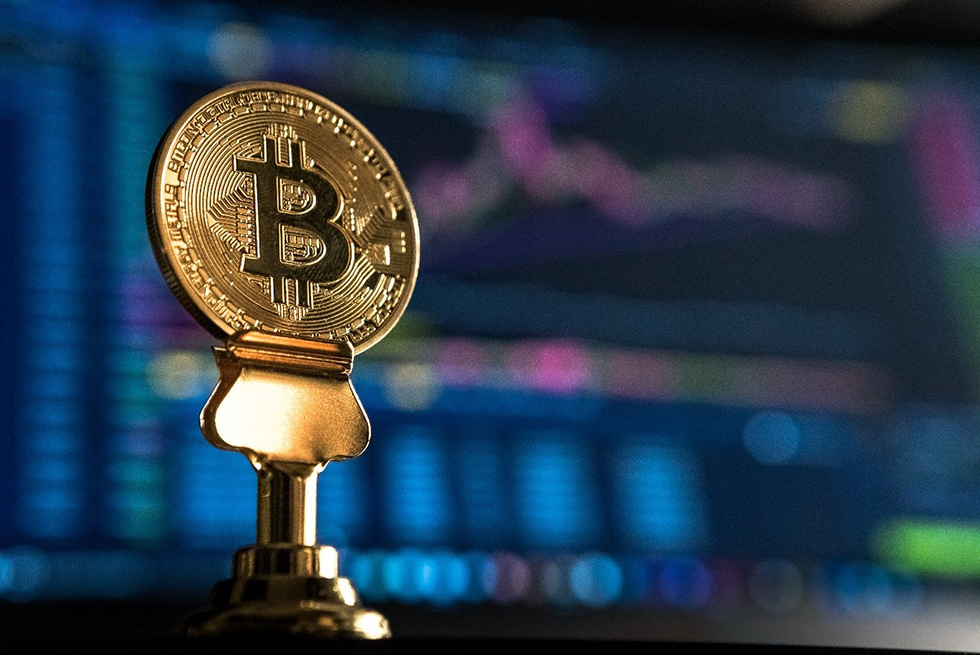The authority of the Filipino government-owned economic zone is drafting regulations for cryptocurrencies and planning to limit the number of licenses it issues to 25. Other rules include the requirement for each crypto exchange to invest at least US$1 million within 2 years. The authority has reportedly received about 60 applications from crypto companies so far.
Drafting Crypto Regulations
Originally, CEZA announced that it will allow 10 crypto firms to take advantage of its tax advantages while generating employment.
“We are about to license 10 platforms for cryptocurrency exchange. They are Japanese, Hong Kong, Malaysians, Koreans,” Lambino told Reuters. “They can go into cryptocurrency mining, initial coin offerings, or they can go into exchange.” He elaborated, “the exchange of fiat money into virtual currency, and vice versa, should be done offshore to avoid infringing Philippine regulations,” the news outlet conveyed.
However, during the Global Blockchain Summit last week, Lambino revised that number, stating that CEZA will limit its crypto license issuance to 25. He detailed:
Each crypto exchange will be required to invest at least USD1 million or around PHP53 million within two years and it must have a back office in the Philippines. Firms must also be registered with the Securities and Exchange Commission.
“Although CEZA will only issue 25 licenses, each exchange will have 20 to 30 sub-licenses for traders and brokers,” Lambino clarified. According to reports, CEZA has already received more than 60 applications.
Preventing Scams
Lambino emphasized that the regulations will not allow Ponzi schemes. He explained that, for any companies with an ICO, “we will have to find [out] if their ICO is asset-backed,” citing “there are many scammers.” He noted that some ICOs “may be able to convince 50 unsuspecting investors and promise them the sun and the moon,” adding:
There are many operating scammers who set up an exchange with very little capital and they are victimizing investors…We do not want the Philippines to be a haven for scammers even if these scams are happening abroad. That’s why through our probity and integrity check we can determine if their transactions are just designed to entice unsuspecting people to invest in bitcoin or whatever crypto coin that is a fraud.
What do you think of CEZA drafting crypto regulations and licensing 25 exchanges? Let us know in the comments section below.
